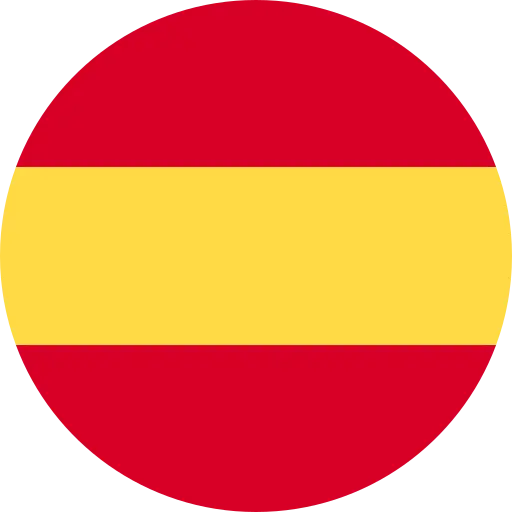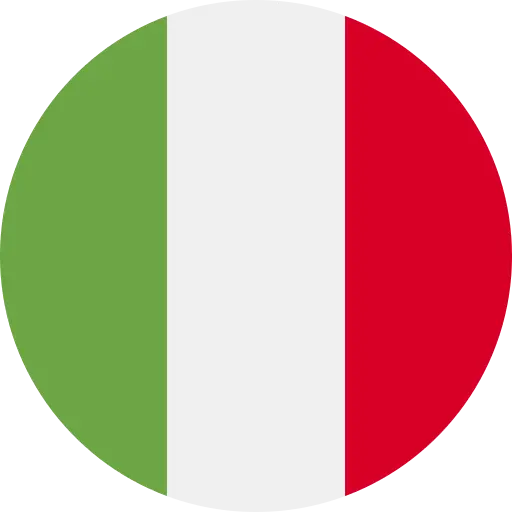
- << LexSupplements
- << Blog
- NEW NOVEL FOODS AUTHORIZED IN FOOD SUPPLEMENTS.
NEW NOVEL FOODS AUTHORIZED IN FOOD SUPPLEMENTS.
Get to know the latest updates to the Union's novel foods list affecting food supplements.
Commission implementing regulation (EU) 2017/2470 establishing the Union list of novel foods is perhaps one of the Regulations that undergoes the most modifications and updates almost constantly.
As implied by its name, this Regulation compiles and regulates the list of all novel foods or new food ingredients that are authorized, along with their conditions of use, specifications, and categories of foods in which they are authorized, in accordance with Regulation (EU) 2015/2283 on novel foods.
A novel food is any food that has not been used to a significant degree for human consumption within the Union before May 15, 1997, and which can be categorized into the following: i) with a new or modified molecular structure, ii) consisting of microorganisms, fungi, or algae, iii) mineral material, iv) consisting of plants or their parts, or isolated from these, v) animals or their parts, vi) cell cultures, vii) foods resulting from a new production process not used in the Union before 1997, viii) consisting of artificial nanomaterials, ix) vitamins and minerals obtained by novel production processes or consisting of artificial nanomaterials, or x) foods used exclusively in food supplements before 1997 and intended for use in other food categories.
Therefore, it is vital to handle and be familiar with this document in order to stay informed about the latest developments, additions, or modifications occurring to develop innovative foods or food supplements that comply with food regulations and are safe for human consumption.
In the food supplements sector, due to its constant evolution and development, it is a necessary tool for both manufacturers and distributors, allowing them to develop formulas in accordance with continuously evolving and reviewed legislation.
For example, the latest novel foods regulated in April 2024 for use in the manufacture and commercialization of food supplements include calcidiol monohydrate, lactitol, beta-glucan from microalgae Euglena gracilis, monosodium salt of L-5-methyltetrahydrofolic acid, or protein concentrate from plants Lemna gibba and Lemna minor, among others.
The list of novel foods establishes the conditions under which the new ingredient, new food, or novel food can be used, sets usage conditions that apply to it, or determines the need to warn the consumer with certain usage precautions. For example, regarding these latest authorizations, calcidiol monohydrate, a new form of vitamin D supplementation in food supplements, Regulation on novel foods establishes a maximum dose of 10 µg/day for adults and children aged 11 and above and a dose of 5 µg/day for children aged between 3 and 10 years; lactitol is authorized only for the adult population and in a maximum content of 20g/day; the monosodium salt of L-5-methyltetrahydrofolic acid, a new form of folic acid supplementation, is restricted for infants and children under 3 years old, who are excluded from the population that can consume this new food. Finally, beta-glucan from microalgae Euglena gracilis is authorized for other categories besides food supplements, and maximum permitted doses are established depending on the age of consumers, authorized from 3 years of age onwards.
The list of novel foods is very extensive, and it contains new ingredients authorized some time ago that now are well and commonly known and widely used in food supplements such as trans-resveratrol, Krill oil, argan oil, chia seeds, chondroitin sulfate, citicoline, etc.
Many new forms of vitamin and mineral supplementation for use in food supplements have also been authorized, which have already been incorporated into Directive 2002/46/EC on food supplements. Examples include menaquinone or Vitamin K2, magnesium citrate malate, or calcium L-methylfolate.
If you are interested in composition and labeling revision for the commercialization of food supplements in Spain and the European Union, we can assist you.
At LexSupplements, Food Legal Consulting, specialists in the composition and labeling compliance of food supplements, we check that your product complies with the regulations on novel foods, as well as the rest of the EU applicable regulations for food supplements.



